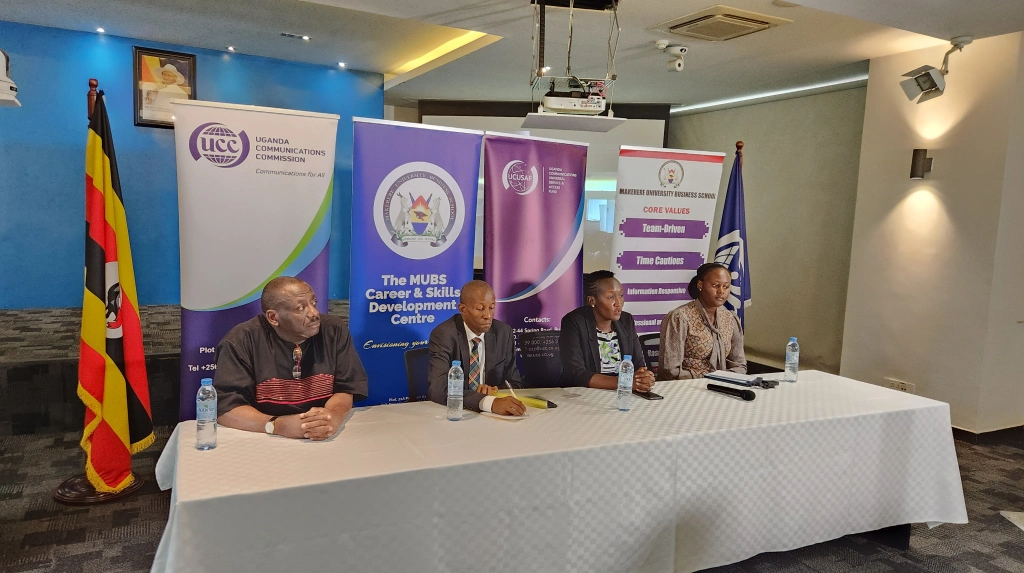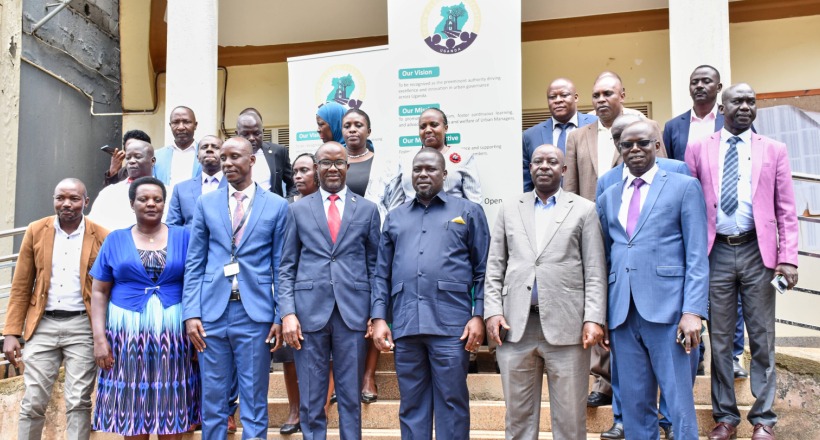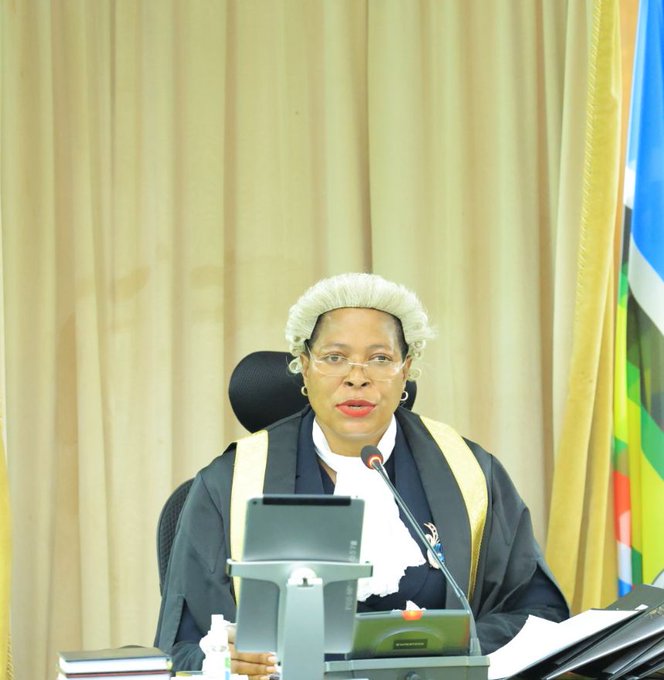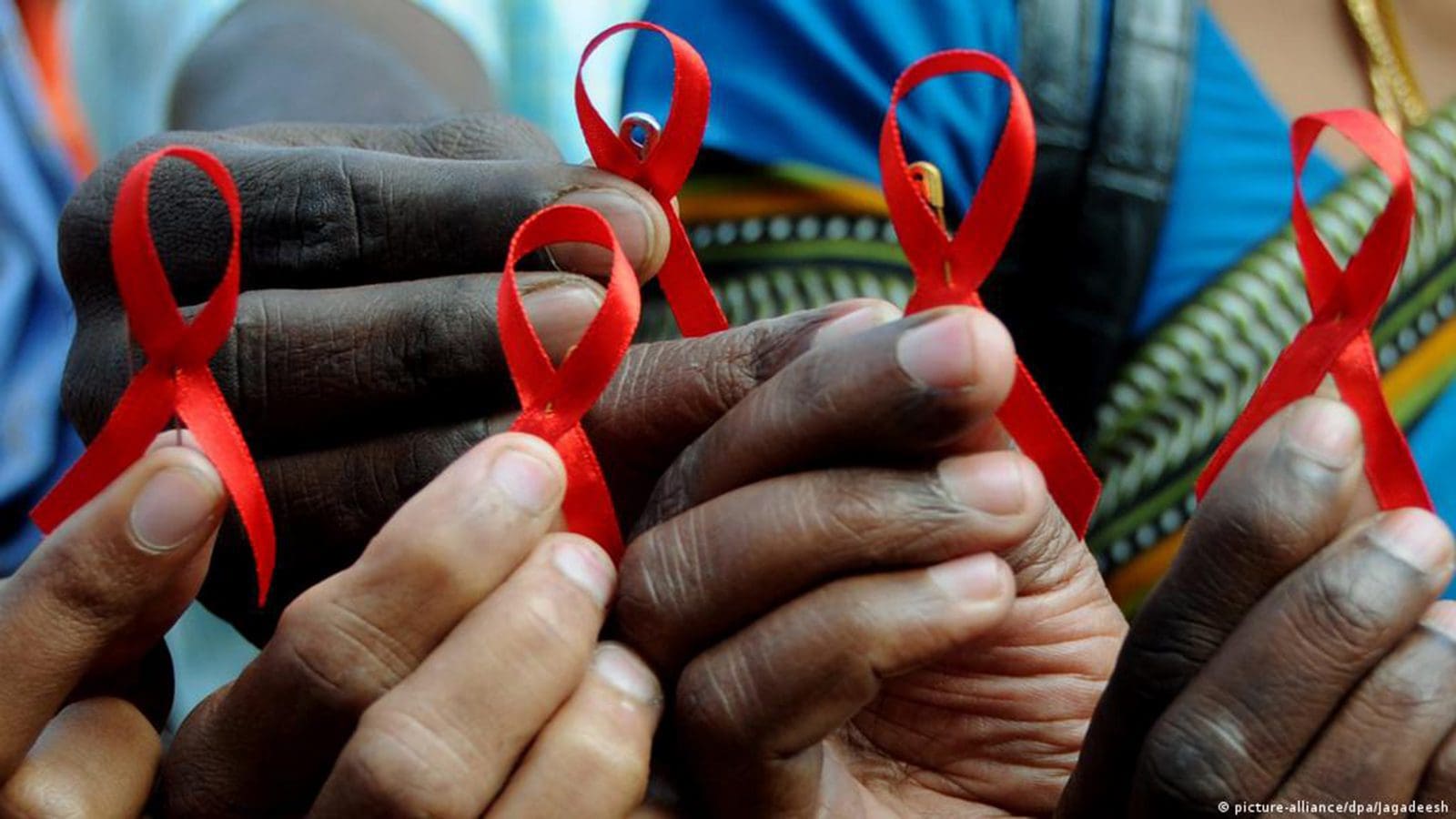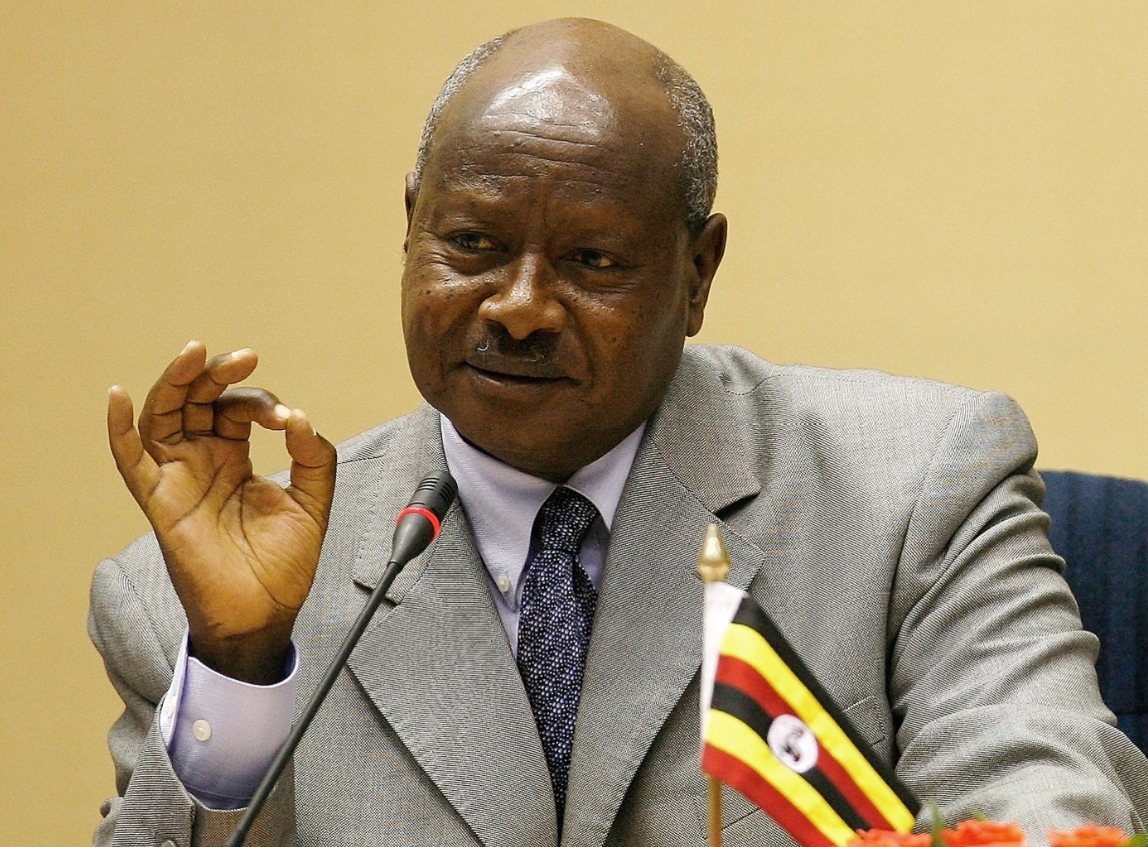The Ugandan government has allocated Sh2.5 billion to support companies that have developed solutions to address community problems, particularly those affecting young people. The funds have been channeled through the Uganda Communications Commission (UCC), the regulatory body responsible for overseeing the country’s communications sector.
Makerere University Business School (MUBS) implemented the e-Booster project, which received the grant. Out of 53 Ugandan companies that applied for the grant competition, only 15 were selected to present their innovative application solutions.
The selected companies include Cinnamon Solutions, Infosec Technologies Limited, Voyage Technologies Limited, Feasts Consultants International, Signalytci Uganda SMC Limited, Centmax Limited, Econ Concrete Limited, Visa Tech Limited, and Core Micro Insurance Uganda Limited. Additionally, Battery Operated Systems for Community Outreach (BOSCO) Uganda, Local Links Limited, MS City Side Investments Limited, Icon Frontiers Uganda Limited, Suubula Stores-SMC Limited, and Suzie Water Harvesting Company Limited made the list.
Prof. Ernest Abaho, the head of the e-Booster project, explained that during the initial phase, part of the grant was used to enhance the capacity of the selected companies. Following intense competition, a total grant will be awarded to the top five companies. The selection process involved three phases: narrowing the list down to the top fifteen, then the best ten, and finally selecting the top five for the final grants.
The winning companies will be recommended to the UCC to implement the solutions they’ve developed for underserved and unserved communities.
The E-Booster boot camp aims to refine the solutions presented and build the capacity of participants by providing training on preparing and delivering pitches. The project’s focus on the agricultural sector is considered vital for Uganda’s economy, as many of the solutions target farmers. This is expected to enhance farm productivity, support the commercialization of agricultural opportunities, and provide access to information about supplies, markets, partnerships, and knowledge enrichment.
The selection criteria focused on indigenous Ugandan companies that are registered, ensuring that Ugandans are given the opportunity to participate and contribute to the country’s development. The companies’ understanding of the needs of unserved and underserved communities was also assessed. Judges considered whether the companies already existed and provided solutions, whether they could scale up with the grant, and whether they could sustain their solutions when UCC’s support was no longer available.
The Acting Principal of Makerere Business School, Prof. Moses Muhwezi, praised all participants for their dedication and emphasized the importance of competition, not only in business but also for personal growth and development.
He advised that efficient Information Communication Technology (ICT) solutions should be designed to reach the majority of people, especially those who may not afford expensive or sophisticated products. Muhwezi highlighted the potential of ICT apps to enhance efficiency in various business operations.
The project was identified as a significant humanitarian cause, considering that many Ugandans live below the poverty line, earning less than $1.9 (approximately Sh7000) per day.
During the grant pitch presentations, Frank Akakwansa requested government support to further develop a mobile application designed to assist visually impaired individuals in detecting counterfeit money and accessing printed materials. The application also aims to improve STEM education for visually impaired students by providing access to audiobooks and assistance with reading mathematical formulas and chemical equations.

